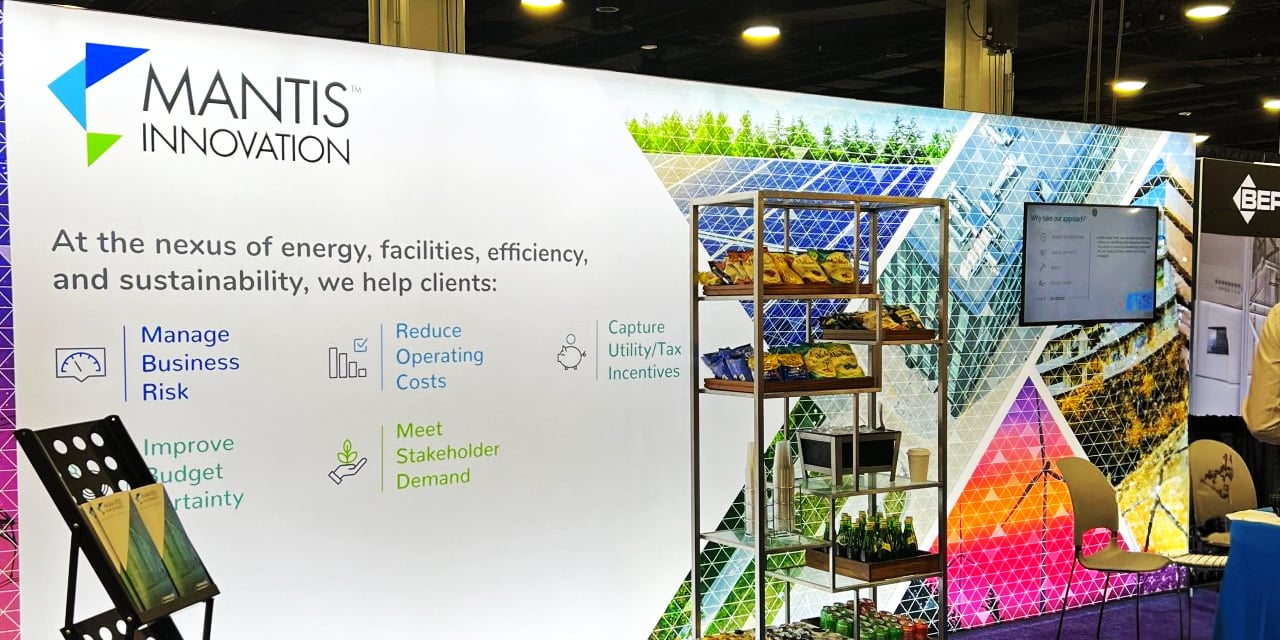Energy Strategy | November 25, 2024
Power Shift: Energy Insights Post-Election
A new president has been elected, and while conversations are swirling about tariffs and drawbacks in sustainability initiatives, it is important to understand what effects the administration change will have on the state of affairs in the energy industry. With a republican-led House, Senate, and Presidency, there will likely be major changes to current policies, and it’s prudent to expect these effects to trickle down to the consumer. This article will explore possible shifts in the energy market and what effects those shifts will have on prices in the short and long term. Though it is impossible to truly know the direction of the future; there are some reasonable predictions we can make that should assist buyers whose energy contracts are at or nearing expiration in the next several years.
Leaders in Environment and Energy
The president-elect's choices for the administrator of the Environmental Protection Agency (EPA) and secretary for the Department of Energy (DOE) will have significant impacts on which policies will be enacted within the next 4 years.
For the EPA, Donald Trump has announced his pick of Lee Zeldin, and if confirmed by the Republican-majority Senate, will likely promote Trump’s proposals for deregulation and decreasing electrification. Zeldin has stated that he plans to support the promises of the elected administration while “protecting access to clean air and water.”
For the DOE, Trump has chosen oil executive Chris Wright to be the secretary of energy. He has advocated for fossil fuel development and aligns with Trump’s proposals during his campaign. It has also been announced that Chris Wright will serve as part of a newly developed Council of National Energy, which focuses on “production, generation, distribution, regulation, transportation, of all forms of American Energy.” The head of this council will be North Dakota governor Doug Burgum, who is also his pick for Secretary of the Department of the Interior.
Proposals from the Trump Administration
One of the major promises from president-elect Donald Trump during his campaign was that energy bills for Americans would be cut in half within 12 months. Trump’s plans to deregulate the drilling for oil are intended to incentivize companies to speed up production, in turn increasing supply and lowering demand.
The president-elect has also promised to eliminate offshore wind production and remove the incentives for electric vehicles to stop their widespread use. These proposals will result from cuts within the Inflation Reduction Act (IRA), with these funds to be reallocated elsewhere.
There are, of course, limits to these proposals. Trump will likely face some steadiness within Congress hoping to keep some of the policies from the Biden administration, and his calls for an increase on drilling are left in the hands of the companies, who may be hesitant to oversaturate the market which could decrease global supply.
Impacts on Energy Prices
Immediate Impact on Energy Prices
In the short term, we are likely to see relatively stable energy (or decreasing) prices for most markets the next year. This is a major change from recent years, as prices have fluctuated drastically in most markets. This change will likely occur due to pressures pushing prices upward coupled with significant efforts to decrease prices with a ramp up in American-produced oil, decrease in electrification mandates, and the clearing of regulatory barriers for pipeline construction in the future. The upward pressure on prices continues to be driven by weather, demand increases, and global tensions, including the ongoing Russia-Ukraine war.
How long we will hold off an increase in the energy market is difficult to ascertain, as we will likely see supply shortages in renewable energy as well as a decrease in global production of oil in the near future. We could see major increases in energy rates within the next year if the promise of tariffs on liquefied natural gas (LNG) exports is immediate.
Long-Term Effects on Energy Prices
Current estimates predict future (2027 and beyond) energy rate increases in nearly all markets. This is due to multiple factors – including some unrelated to the presidential election like major demand increases from data centers.
The promise of tariffs for Chinese imports, including LNG, from the elected administration is one major factor that could drive a shift in the market. This would limit our international energy supply, in turn increasing demand and causing an upward strain on prices. The plans for the Trump administration are to limit the need for global LNG supply, however with the amount of time that would be needed for pipeline approvals, northeastern states would likely see major increases before any relief.
The Future of Renewable Energy and Sustainability
The EPA administrator Lee Zeldin, if confirmed, will likely execute the energy policies he promoted in his campaign – rolling back Biden’s climate and air pollution policies. We can anticipate that many of the sustainability initiatives put in place by the Biden administration will not go away entirely, but funding will be cut to allow for internal pipeline building.
Trump is also likely to rollback incentives for electric vehicle purchases, leading to a decrease in production and likely fewer on the roads.
Under this administration, regulatory changes may shift funding for sustainability practices implemented during the Biden administration. As a result, sustainability efforts could increasingly rely on state-level initiatives rather than federal mandates.
The Significance of Consultancy
It is important to have an energy consultant that supports your needs as a business to remain informed about upcoming changes in the energy market. With the uncertainty of short-term and long-term pricing, an energy expert can guide you through energy procurement and empower you to make the best-informed decisions about your future contract.
Contact an expert today to explore what options are right for your business.
Related Posts
Discover more content and insights from Mantis Innovation

In today’s AI era, human intelligence is the key to data center facility and energy optimization
Nowhere else in modern industry do artificial and human intelligence converge with such transformative potential as in the world of data centers. As AI's extraordinary growth accelerates demand for

The Fall of The Chevron Deference – What Does it All Mean?
The Chevron Deference is a legal principle derived from a 1984 Supreme Court case, Chevron U.S.A., Inc. v. Natural Resources Defense Council, Inc. It states that when a law is unclear or ambiguous,

Unlocking value with Energy Management Systems (EMS)
Energy management systems (EMS) are becoming a must-have for many companies, as more businesses see the value of increased visibility and control across their commercial and industrial building

Sustainability in the Face of Workforce Challenges: Insights from Connex 2024
In the bustling city of Nashville, Mantis Innovation stood at the forefront of a pivotal discussion about sustainability during the ConnexFM 2024 convention. Our very own Mike Bendewald moderated a